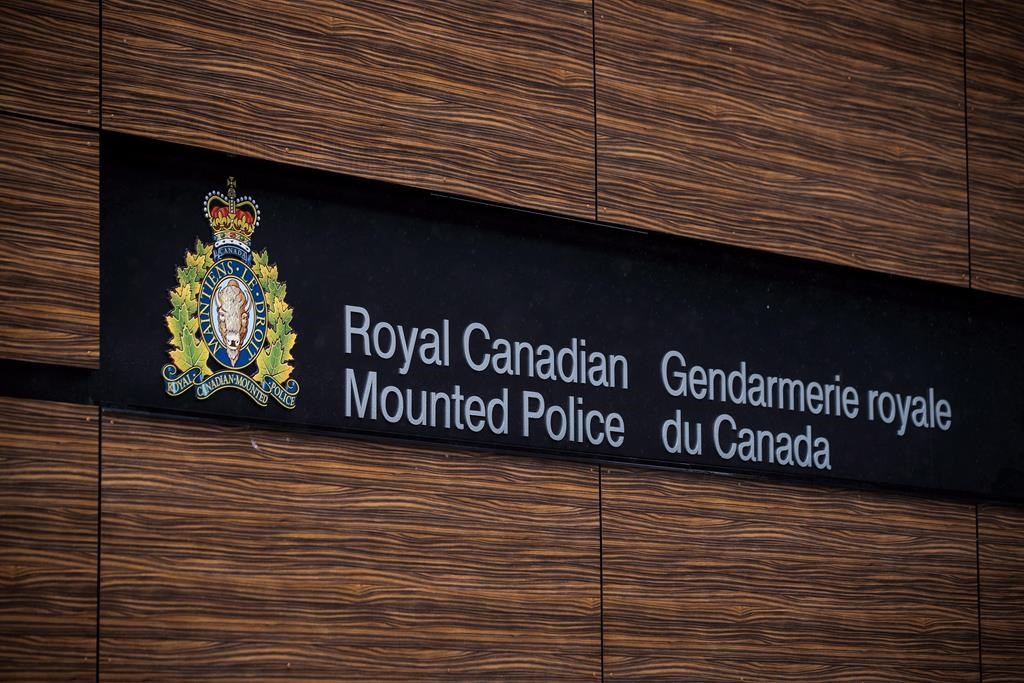The B.C. RCMP is facing a financial shortfall of $10.7 million, leading top brass to order cuts to overtime, travel expenses and other services.

But a spokesperson for the police force said British Columbians will not see an impact on community safety, assuring the province’s anti-gang task force and homicide investigation team will continue to be funded as normal.
The deficit was first announced to staff last week in an internal email by deputy commissioner Jennifer Strachan, who said provincial policing costs “exceeded our spending authority” in 2018 and could continue in the coming year.
RCMP spokesperson Dawn Roberts said Strachan has directed staff to look at administrative costs and discretionary spending, including non-mandatory officer training and travel.
“No services, programs or units have been reduced or cut or changed,” Roberts said, pointing specifically to the Integrated Homicide Investigation Team (IHIT) and the anti-gang Combined Forces Special Enforcement Unit (CFSEU).
“Our primary goal is for the communities in British Columbia where we serve, they wouldn’t see an impact.”
Roberts said other cost-saving measures the force is looking at include delaying replacement of police marine vessels and reducing the number of cruisers and other vehicles purchased.
She added that municipal contracts between the RCMP and cities like Surrey, Prince George, Kelowna and Nanaimo will not be impacted by the cuts.

Instead, the cuts only affect the provincial business line that covers the cost of 2,600 officers in small detachments that police small municipalities of under 5,000 people.
As for where the deficit came from, Roberts said the cost of policing as a whole is going up, and not just in B.C.

Get breaking National news
“It’s not like it’s one specific file or one factor that’s caused the deficit,” she said. “Overall, we’re seeing things like inflation that impact travel and transportation, those costs continue to go up. Overtime costs go up, making sure we’re compensating employees for being on call.
“When you add those in and when you look at our existing envelope of what it costs to deliver this type of service, combined, is why we’re seeing the deficit.”
While IHIT and the CFSEU specifically won’t see cuts, Roberts said ancillary teams that support those units could be impacted by the cuts, particularly the reductions to travel expenses and overtime.
In a statement released Thursday, the B.C. Liberals blamed the NDP’s employer health tax — meant to replace the medical service premiums paid by individuals, which will disappear in January — for the funding shortfall.
“Surrey and other municipalities are facing escalating gang crime and shootings while John Horgan’s employer health tax (EHT) is leading to cuts in funding for police services,” said Surrey-Cloverdale MLA Marvin Hunt.
“These cuts run contrary to the responsibility of government to ensure public safety. It is clearly laid out in the Police Act that the minister must uphold adequate and effective policing levels throughout British Columbia. How are these cuts acceptable?”
Surrey is in the midst of transitioning its police services from the RCMP to a municipal force.

In response to the B.C. Liberals’ claims, Public Safety Minister Mike Farnworth repeated Roberts’ assurance that the spending cuts will not impact funding to the CFSEU or IHIT.
“Just to be clear, the projected deficit has been communicated to government by the RCMP,” Farnworth said in an email. “Budgetary constraints and inflationary impacts have been managed by the RCMP for a number of years through various financial management controls.
“The impacts are now becoming increasingly difficult for RCMP to manage, and we are working with them to address the pressure and to find solutions that do not affect public safety.”
The ministry added that several investments have been made by the provincial and federal governments to further help police forces like the RCMP combat gun and gang violence.
“There is no quick fix to gun and gang violence,” Farnworth said. “It has deep roots requiring a multi-pronged strategy over the long term.”
Roberts said she’s not aware of the EHT being raised as a factor in the deficit.
She added that the entire force will be required to look at how it is reviewing and approving spending but that the public should not see a change in how their communities are policed.
“We want to spend the money at the right time, for the right reasons and in the right way, and we do not want to compromise public safety or officer wellness,” she said.
“This was some internal steps in order to address discretionary spending, so we don’t want to unnecessarily scare the public.”








Comments
Want to discuss? Please read our Commenting Policy first.